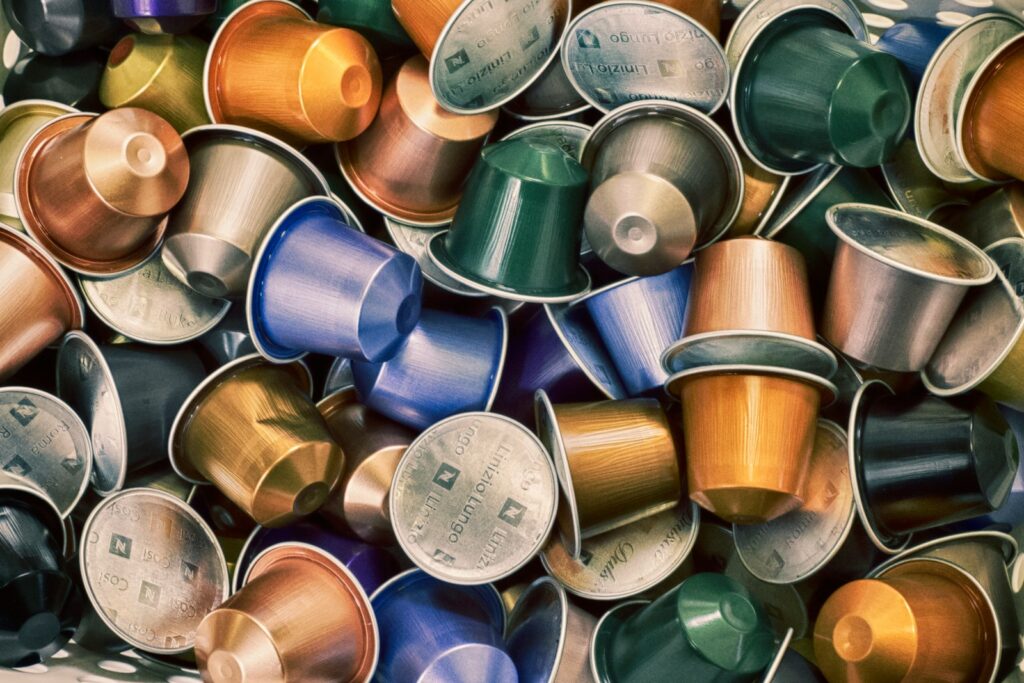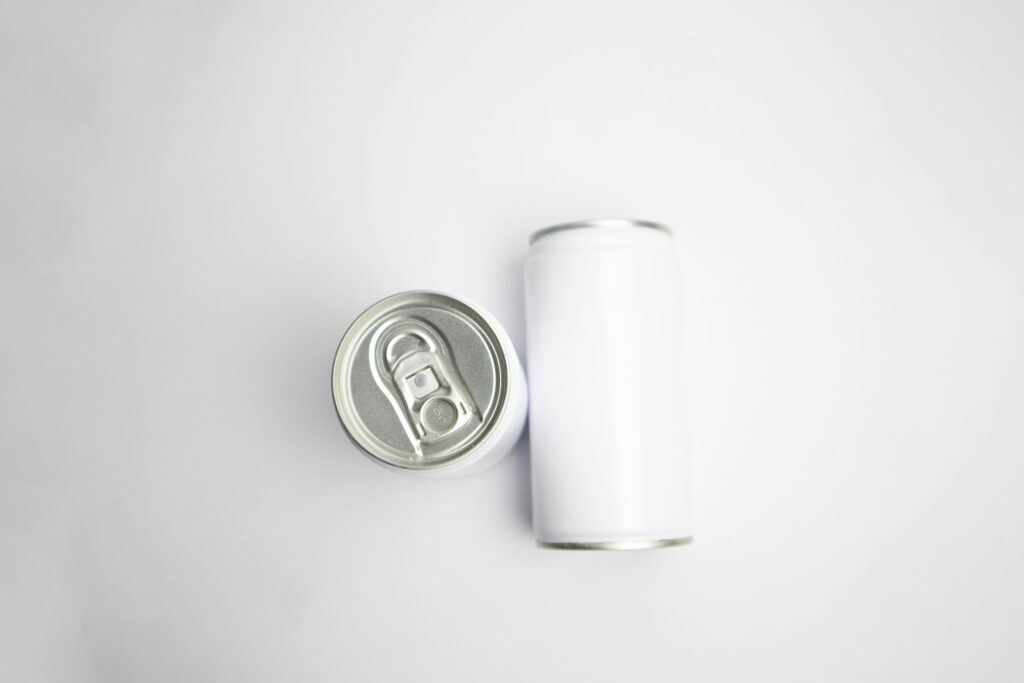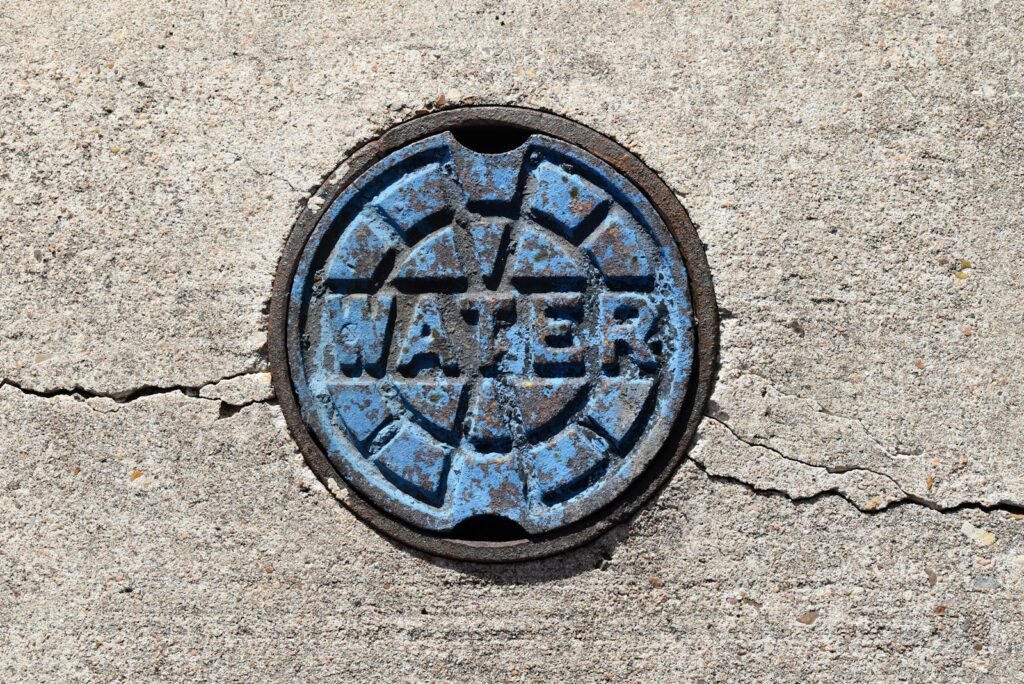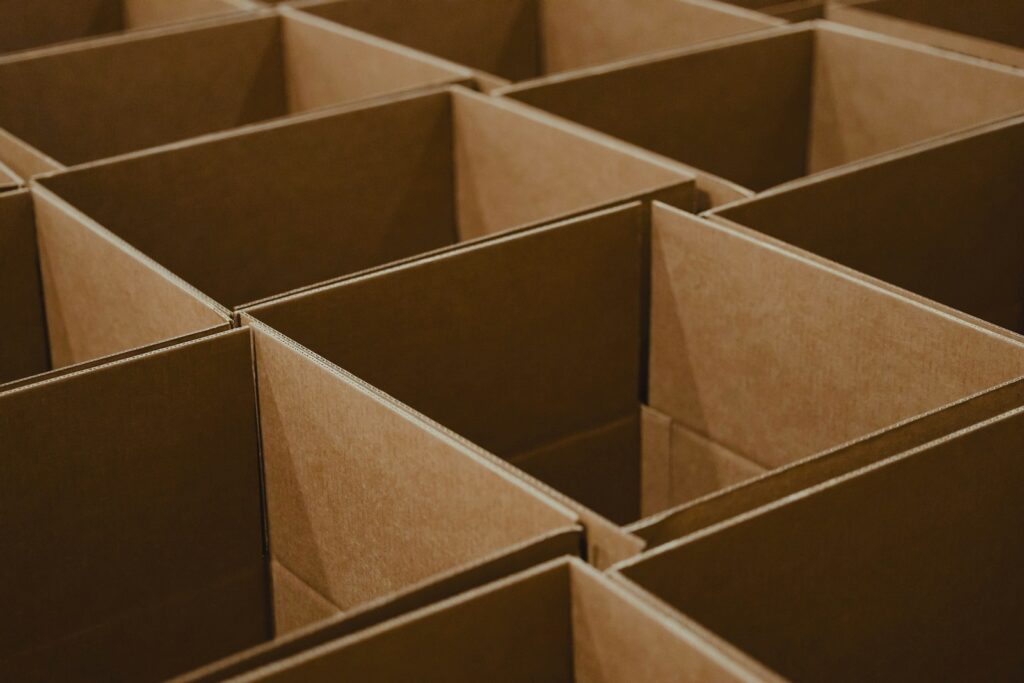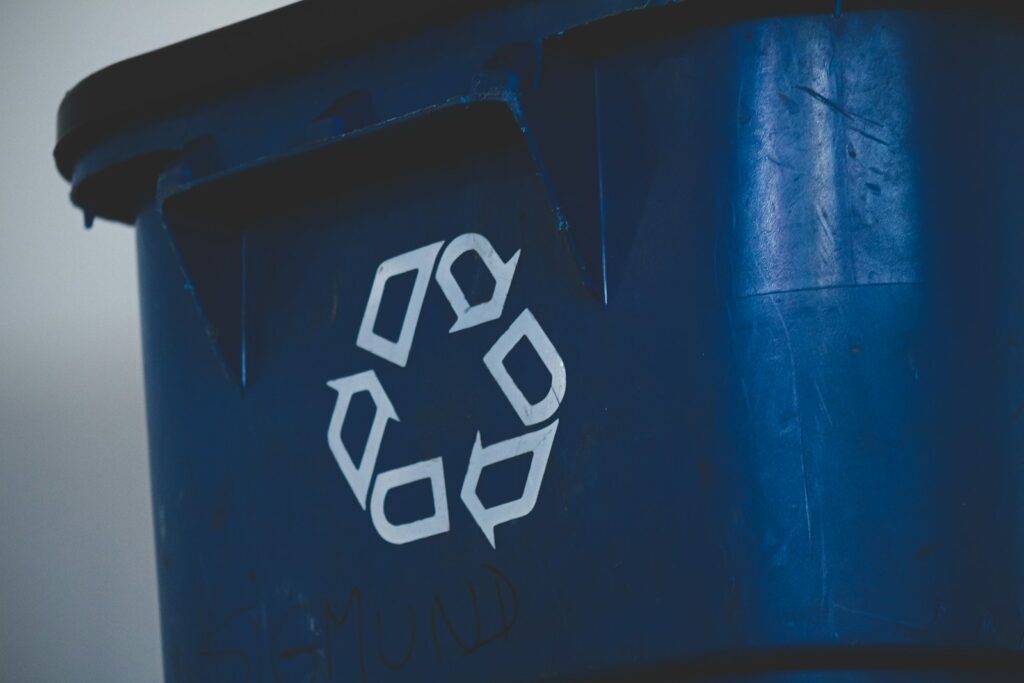News of the government’s reservations about a suggested ‘latte levy’ is a disappointment but comes as no surprise. It’s the second time the idea has been rejected.
It’s a frustrating setback for the progress of the war on waste, which has picked up momentum in the last six months. Whilst incentives are positive, we strongly believe that consumers will respond best to a combination of both incentive and penalty.
Coffee chains will be given time to adapt and are starting to do their bit in terms of providing incentives to customers to ditch the disposables – Pret’s 50p discount is enlightened – but a penalty alongside the incentive will be a much more compelling way to effectively change consumer behaviour. It will be interesting to see how Starbucks customers respond to the current trial of a charge on single use cups.
The 25p ‘latte levy’ served as a headline grabber. It was never proposed through legislation and it is admittedly too high a charge. It could only work to hurt small independents – in the same way excessive incentives for re-use will – so will actually be counterproductive.
We don’t want something that is unduly detrimental to the cafe industry in terms of jobs and profitability. However, we have seen that a tax can and does work when it comes to changing mindset, so it’s a real pity the government is questioning the initiative.
With awareness growing in the past months, sales of reusable products on the up, businesses vowing to ditch plastic, and consumers admitting they are willing to make changes – three quarters of Brits would support a charge on coffee cups according to the Marine Conservation Society. It is time for the government to take action.
While the gesture of MPs showing off their reusable cups in Downing Street earlier this year has effectively highlighted the coffee cup waste issue, if we are to change the mindset of the coffee-consuming public, policy has to be altered.
We need consumers, coffee chains and governments to act in unison in order to reduce the huge volumes of single-use cups going to landfill and polluting our oceans. Sadly however, the problem is likely to take a long time to fix, so we can’t expect instant solutions.
And whilst reform in recycling technology is welcomed, the disposable coffee cup problem is so big that it requires many different approaches to tackle it effectively. Namely, a better recyclable cup option; better and more facilities to handle the vast quantities of single-use packaging; and a significant shift from single-use to reusable and more sustainable products.
- 100 billion disposable cups end up in landfill globally each year – that’s 273,972,603 coffee cups every single day. Ecoffee Cup’s #stopthe100billion campaign was set up in 2015 in an attempt to raise awareness of the coffee cup waste cause, effect real change in the way we consume coffee and help tackle the ever-growing issue of single-use packaging waste going to landfill.
- Interview with David McLagan
Photo by quinn.anya











